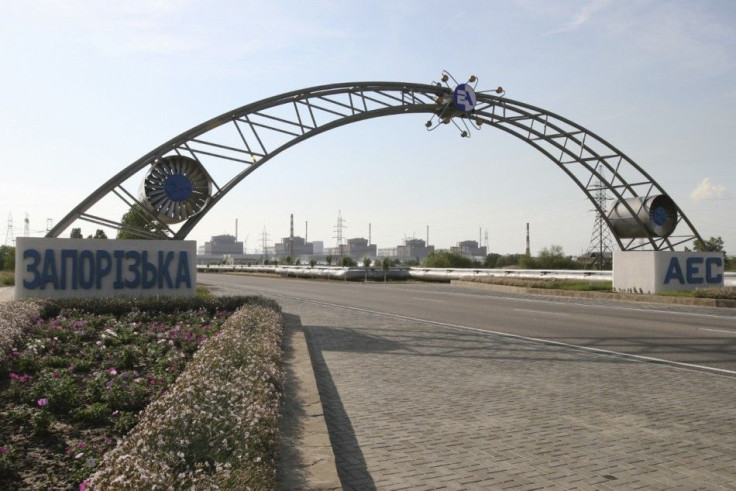Russia’s Nuclear JV With Finland Gets Approved, Contradicts EU Stand vs. Russia

Despite the European Union strongly urging its member-states to withdraw from negotiations with Russia over energy deals, Finland has decided to do the opposite. On Friday, Finnish lawmakers gave the thumbs up to a joint venture project that will see the construction of a nuclear power plant in the north. Russia will be represented by state-owned energy firm Rosatom.
The Hanhikivi 1 nuclear power plant project, estimated to cost between 4 billion euro ($4.9 billion) and 6 billion euro, was approved by 115 to 74 in Finland. Rosatom holds a 34 percent minority stake in the Finnish-Russian consortium Fennovoima Oy.
Finland imports 64 percent of its energy requirements, where two-thirds come from Russia. Broken down, Russia feeds 100 percent of Finland's gas requirements, 71 percent of its oil, 66 percent of its coal, 48 percent of its nuclear fuel and 28 percent of its electricity, the Guardian reported.
As expected, the approval was blasted as one showing "subservience to Moscow." Alexander Stubb, Finnish PM, had earlier said that Finland must be both "principled and pragmatic" in dealing with Russia, even as the country also scrambled its aircraft carriers in November to ward off Russian planes from its airspace.
Arkady Moshes, a scholar of EU-Russia relations at the Finnish Institute of International Affairs in Helsinki, quoted by the Wall Street Journal, said the approved Russian-Finnish nuclear power plant project will surely be seen as a big win for Russia despite the pile load of sanctions it had already received because of the Ukraine crisis.
"The context and the timing of this deal allow a very critical interpretation of it in Finland and even in other European countries," Moshes said. Finland has become the first EU member, since the West-backed sanctions, to have approved a large investment project involving Russia.
The Hanhikivi 1 nuclear power plant project will be constructed in Northern Ostrobothnia in Finland on the coastal municipality of Pyhajoki on the shore of the Baltic Sea. It is expected to start producing electricity 10 years from now. "This project carries a foreign policy risk, and under the current circumstances it should have been put on ice. EU-Russia relations are in their worst shape in ages," Antto Vihma, a senior analyst at the Finnish Institute of international Affairs told Reuters.





















